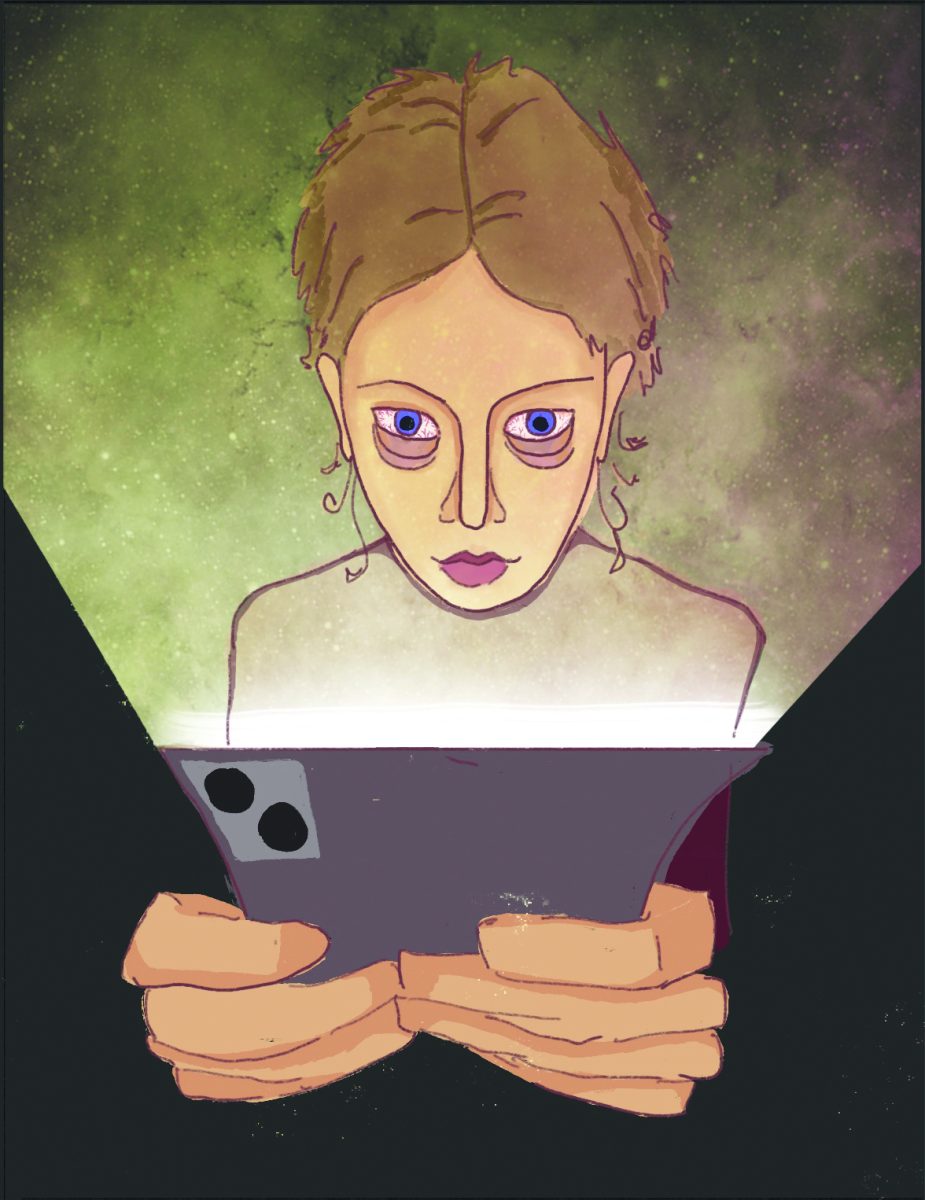When the January issue of the UltraViolet came out, I was surprised to see an article about my friend Cecelia Frazier in its pages. At first glance, I was offended by its title, “Here Comes the Teenage Bride,” as I felt it was disparagingly worded. I was disappointed to find that the negative tone of the title continued in the rest of the article.
The UltraViolet usually presents multifaceted articles on complex issues. However, I found this article to be mostly critical of teenage marriage, citing statistics and predicting academic setbacks as results of this life choice. No possible benefits were mentioned, and Cecelia’s words provided the only contrast to the article’s negative statements.
My research reveals that the outcomes of teenage marriage are much more varied than the article suggests. The statistics listed in the article merely highlight a correlation between divorce and early marriages, something that is affected by many variables based on personal circumstances according to the individual and holds no scientific merit. However, a harmonious young marriage could arguably be a source of stability in the chaos of early adult life, where partners support each other and help each other achieve their goals. Though I recognize that many members of this community may have a negative view of young marriage or would personally not make this choice, I believe that more effort should have been made to seek non-condemnatory voices to fully represent both sides of the topic.
I appreciated that the UV allowed Cecelia’s voice to be heard. However, I believe that the way the article was written, singling out a former student’s personal life, was invasive, and it made me uncomfortable. Though I recognize that young marriage is a controversial topic, I think that we as a community should also recognize that it is personal.
Some members of the community, such as Morgan Sasaki ’15, found the article to be unnecessary and share my opinion that Cecelia’s personal life should not be made our business. Acknowledging the controversy of the subject, Sasaki said, “While I understand that newspapers are supposed to be inflammatory, I think this crosses lines.” When I asked Cecelia for her opinion on the article, she said, “Honestly, it disappointed me. It also kills me that a school that encourages independent thinking only likes it when students follow the School’s beliefs.”
Although Marlborough professes to empower women and offers support to launch women into a variety of professional fields, the female acceptability box has not been eradicated; it has merely shifted. Now, instead of being a housewife, secretary or nurse, a Marlborough graduate can become a doctor, lawyer or an engineer. Young marriage is deemed an anomaly by the Marlborough community, especially because it is not included in the accepted path of a top university education and a five-year plan. To quote the article, “One’s young adult life is usually reserved for finishing college, slaving away at unpaid internships, going on bad dates, getting a first job, establishing oneself in the job market, and maybe, if there is still time after all of that, settling down and getting married before the big 3-0.” Because this postgraduation track is the norm, we may forget that it is not the only valid or acceptable way to live; it is simply one choice.
Marlborough does its job excellently, offering us incredible opportunities and quality education. However, a Marlborough degree should carry no obligations to measure up to some imagined standard or meet some expectation of future performance. If, as Marlborough girls, we truly derive joy from learning, and learn for learning’s own sake, we should have the right to make our own choices about the future.
–Maggie ’15




